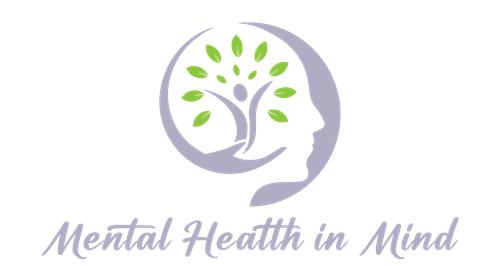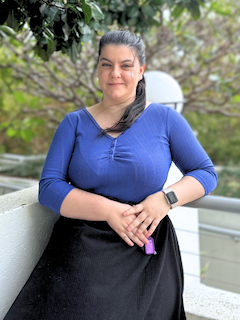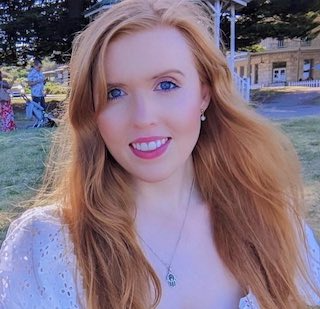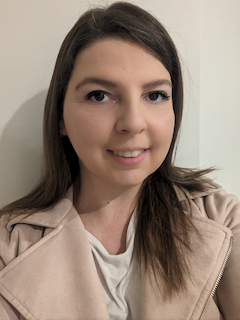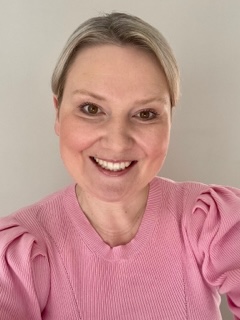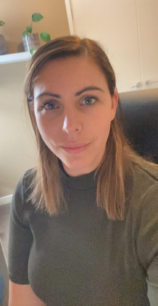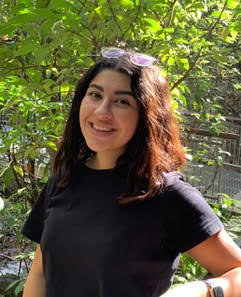Rebecca (Bec) is a clinical & organisational psychologist, with many years of experience working in both clinical & workplace settings. Bec has a passion for promoting health and wellbeing, and in providing hope and encouragement for those transitioning through difficult life circumstances. With over 17 years experience in providing psychology treatment services, and also in working with organisations to promote psychological health and well being at work, Bec’s focus is on supporting and empowering her clients to improve psychological well being, and achieve their goals.
Bec has worked with a diverse range of clients, and has experience in the treatment of anxiety disorders, depression and other mood disorders, adjustment disorders, substance use disorders, trauma related disorders, personality disorders, major life transitions, work-related stress, relationship difficulties, and workplace bullying.
Over the last 7 years Bec has also developed a keen interest in working with children (5-12 years of age), and with adolescents and their families. Bec provides assessments and treatment for children presenting with Autism, attention deficit hyperactivity disorder (ADHD and ADD), anxiety and depression, and challenging behaviours. Bec also works with the families of children and adolescents to provide education and support to implement evidenced based tools and strategies, recognising that the best outcomes for children are achieved when we provide well integrated supports across the home, educational and community settings.
Bec is mindful of the importance of adapting the therapeutic approach to suit both the client and the circumstances. Thus Bec is well versed in a variety of therapeutic approaches, including; cognitive behavioural therapy (CBT), acceptance and commitment therapy (ACT), dialectical behaviour therapy (DBT), solution-focused therapy, motivational interviewing (MI), various coaching models, conflict resolution and mediation.
Please see below a summary of Bec’s key areas of interest and experience:
-Assessing and treating mood disorders, such as depression and bipolar disorders.
-Assessing and treating anxiety and related disorders, including generalised anxiety, social anxiety, and obsessive compulsive disorders (OCD).
-Assessing and treating stressor and trauma related disorders, such as adjustment disorder, post traumatic stress disorder (PTSD), other specified and non specified trauma disorders, and borderline personality disorder (BPD).
-Navigating major life stressors and changes (such as workplace injuries, relationship and family difficulties, grief and loss).
-Supporting people to develop their communication and relationship skills, to promote healthy relationships with partners, family, friends and work colleagues.
-Improving quality of life for people living with persistent pain and modified abilities.
-Supporting people to exit and/or recover from domestic violence.
-Autism Spectrum Disorders (ASD) and attention deficit and hyperactivity disorder (ADHD)assessments for children, adolescents and adults.
-Assessing and resolving challenging behaviours in children.
-Supporting new parents, including mothers who are experiencing post natal depression and anxiety (PND), and for men experiencing reactive depression and anxiety.
-Recovery from substance use disorders, including alcohol and other drugs.
-Psychedelic integration therapy*
*Psychedelic medication is used in several countries around the world, with a breadth of compelling research supporting its many benefits for mental health. However, currently in Australia, psychedelic medication remains accessible only in selected cases of treatment-resistant depression. It continues to remain illegal to use these drugs recreationally. However, it is known that many Australians have experimented with these drugs, and at Mental Health in Mind we offer a safe and non-judgemental space to explore and integrate your experiences. We do not recommend that people use psychedelic drugs recreationally however, as the use of these drugs in an uncontrolled environment and without integrative therapy, can lead to psychological harm for some individuals.
Bec consults with clients on Monday and Tuesday mornings, and every alternative Thursday afternoon.
